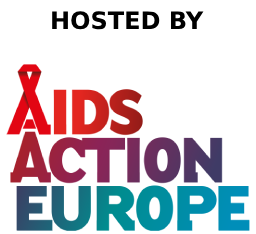Criminalisation of HIV non-disclosure, exposure and transmission
Despite the progress of scientific evidence and recent positive developments in practice of investigations and prosecutions in some European countries, HIV-criminalization remains a key issue both for PLHIV and preventative measures across Europe. According to data from HIV Justice Network, 18 countries in the WHO European region have HIV specific criminalisation laws, and 31 countries have prosecuted PLHIV .
“HIV criminalization” refers to the use of criminal law to penalize alleged, perceived or potential HIV exposure; alleged nondisclosure of a known HIV-positive status prior to sexual contact (including acts that do not risk HIV transmission); or non-intentional HIV transmission.
HIV criminalization undermines the human rights of PLHIV and key affected populations, they are discriminatory and no data support that it helps prevent new HIV-infections; on the contrary it harms HIV prevention efforts as it increases stigma and deters people, particularly those in key populations, from getting tested and knowing their status.
HIV-criminalization cases also have negative effects on both parties involved as both the defendant and the complainant are forced to share private information on their lives, including sex lives, and the lengthy and often inhuman investigations and the sensational media coverages impose additional emotional burden on everyone involved.
AAE was invited to join the Steering Committee of HIV Justice Worldwide in 2017 and since then has been increasingly involved in anti-criminalisation advocacy activities and decided to work with 10 AAE member organizations based in EU countries and create a comparative 10-country report as the basis for future advocacy activities in the issue.
In 2022 the report was updated: the data from the initial 10 countries was updated and collected from 10 new ones. The new report includes information on the impact of legislation introduced during the COVID-19 pandemic, as well as trends, developments, and expected changes regarding the criminalisation of HIV.

